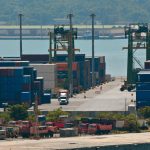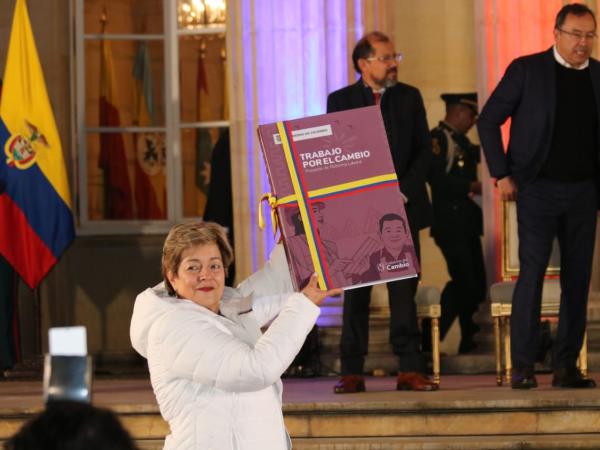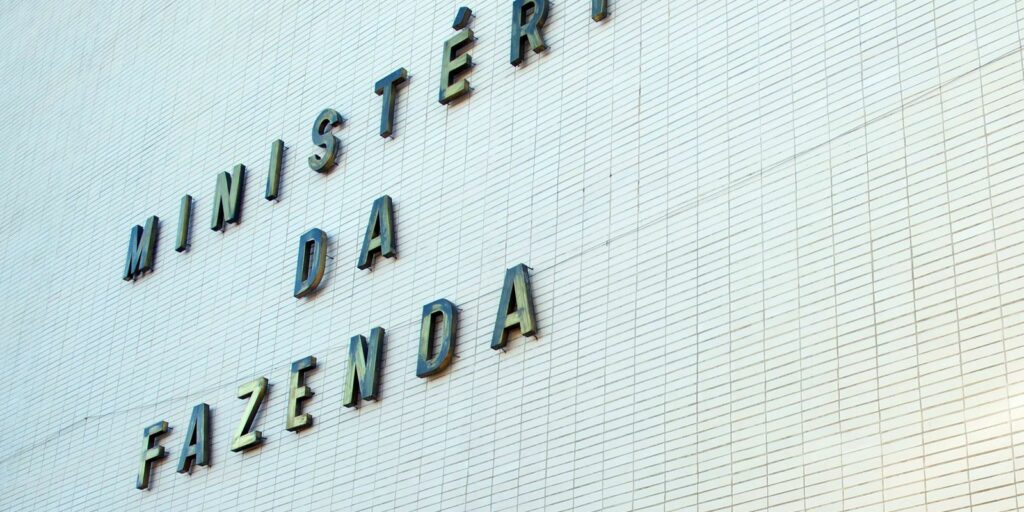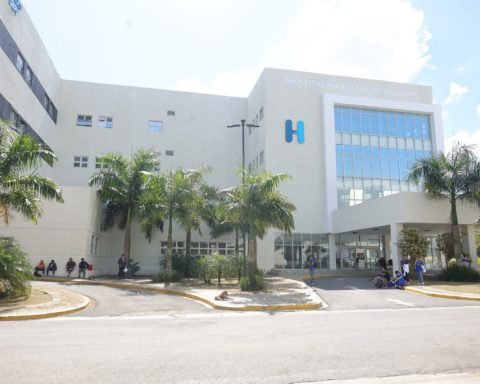The Government spokesperson, Camila Vallejo, referred to the current situation that the country is going through in terms of irregular migration, addressing the nearly 20,000 expulsion decrees that have not been executed by the Executive.
in conversation with CHVthe head of the Segegob explained that “we have a plan and there are things that we have done. This issue implies strengthening the capacities of the State, because when we took office there were already 20,000 decrees of administrative expulsions pending, and they have been adding to that other decrees”.
You may also be interested in:
Complementing the above, Vallejo pointed out that “we are reinforcing the talks with Bolivia and Venezuela, because in the case of Peru, we have managed to carry out the procedures so that the migrants can return to their country of origin.”
On the other hand, the Secretary of State explained that in the case of Bolivia, since October a protocol was proposed to order the expulsions, because the issue had not been previously addressed. In the case of Venezuela, she maintained that it is related to the entry of planes, permission to fly over and have landing sites.
“We want the expulsions of drug traffickers to be facilitated, we have had problems with the opposition in the Senate in the context of expediting judicial expulsions. We want to be able to execute the expulsion of drug traffickers as soon as possible, but unfortunately there is a different opinion from the opposition,” he said.
It should be noted that during 2022, 19% more expulsions have been carried out, registering 1,070. Meanwhile, during the Sebastián Piñera administration, in 2021, 913 of these actions were carried out, a total of 157 fewer expulsions.


















